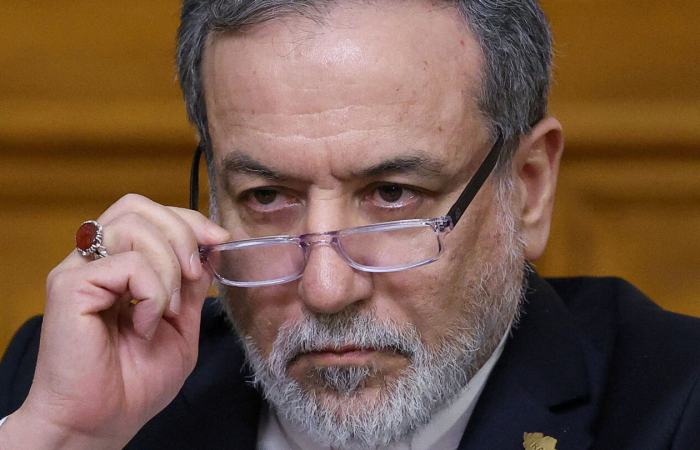Для вступления в Евросоюз Турция должна признать свои ошибки. Если мы хотим строить нормальное будущее, мы
должны помнить и признавать свою вину, и Турция должна это сделать так, как это сделала Германия. Подобное мнение в ходе посещения ереванского Мемориала жертв Геноцида армян "Цицернакаберд" выразил 24 апреля журналистам Чрезвычайный и Полномочный посол Германии в Армении Ганс-Йохан Шмидт.
В 2005 году Германия приняла резолюцию, которая, прямо не называя события прошлого века "геноцидом", упоминает о том, что международные историки считают произошедшее "геноцидом армян".
"Новое поколение не виновато в преступлениях, совершенных предыдущими поколениями, но он должно чувствовать ответственность за то, что произошло. В Европе существует культура воспоминаний в рамках которой государство обязано чувствовать ответственность за произошедшее для того, чтобы избежать повторения подобных трагедий в будущем и подобным образом отдать дань памяти невинных жертв", - заметил Шмидт.
Всего по разным оценкам в период от 1915-1918 гг. в Османской империи было уничтожено от полутора до двух миллионов армян в шести вилайетах Западной Армении. 350 тысяч армян бежало на Кавказ и в Европу. В результате в Турции осталось всего 150 тысяч из двух миллионов армян, проживавших там в начале XX века. В наши дни в Турции в основном в Стамбуле проживает не более 70 тысяч армян.
Руководство современной Турции упорно продолжает отрицать наличие исторического факта Геноцида армян. Отвергая обвинения в массовом истреблении около полутора миллионов армян, Анкара крайне болезненно реагирует на любую критику по этому вопросу. Однако политика отрицания общеизвестных фактов не помешала признать Геноцид многими государствами. Первым в 1965 году это сделал Уругвай. В дальнейшем его примеру последовали: Россия, Франция, Италия, Германия, Голландия, Бельгия, Польша, Литва. А также: Словакия, Швеция, Швейцария, Греция, Кипр, Ливан, Канада, Венесуэла, Аргентина. Геноцид армян признали также Ватикан, Европейский парламент, Всемирный совет церквей, 42 штата США.
Память о Геноциде жива не только в переносном, но и прямом смысле. В Армении проживает 123 человека, спасшихся от Геноцида армян в Турции. По состоянию на 1 июля 2010 года их число составляло 156 человек.







